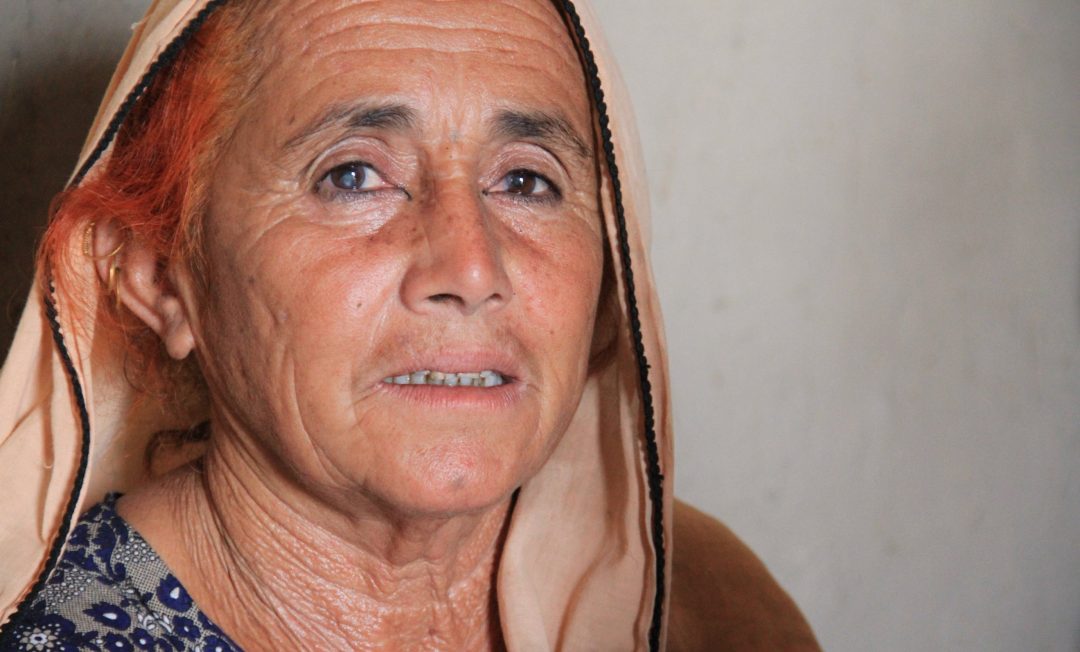The Zina Ordinance is part of the Hadood Ordinance in Pakistan’s law. It was brought in by General Zia-ul-Haq, President of Pakistan in 1979. For the first time in Pakistan’s history, fornification became a crime against the state and punishable by death. This law was made to comply with the laws and rules found in the Holy Qur’an.
What is the effect of this Ordinance?
The fact that women are considered second class citizens in Pakistan can cause them to be punished for their own rape under this law; rape is defined as sexual intercourse without being validly married. According to the nongovernmental Human Rights Commission of Pakistan (HRCP), their 1993 estimates state that eight-woman is raped every day in Pakistan. The harshest punishments for sexual crimes have never been carried out to this day but remain in the statute; these punishments include death by stoning. According to Amnesty International, hundreds of women are imprisoned under the Zina Ordinance at any one time and Amnesty International considers these women prisoners of conscience, imprisoned because of their gender.
In order for punishment against the accused to take place, one requirement is that four adult male Muslims must have witnessed the act of penetration, (four female Muslim witnesses would not suffice). In rape cases where the maximum penalty is probable, the victim’s testimony is not allowed.
Discrimination against women
The simple fact is that this law discriminates against women and because of this if a woman complains to the courts of being raped unless she can prove she did not give her consent she could be punished for unlawful sexual intercourse.

While the Prime Minister Benazir Bhutto has attempted to improve life for women in Pakistan by establishing some police stations staffed entirely by women and appointing some women to high positions within the judiciary system, as well as setting up commissions to distinguish between the laws that discriminate against women and amend or repeal them. Unfortunately, virtually nothing has been done to implement any of these well-meaning efforts. The truth is that until people begin to change their views of equality between men and women, this Zina Ordinance will continue to victimize the victims of sexual crimes instead of guarding and protecting their basic human.






